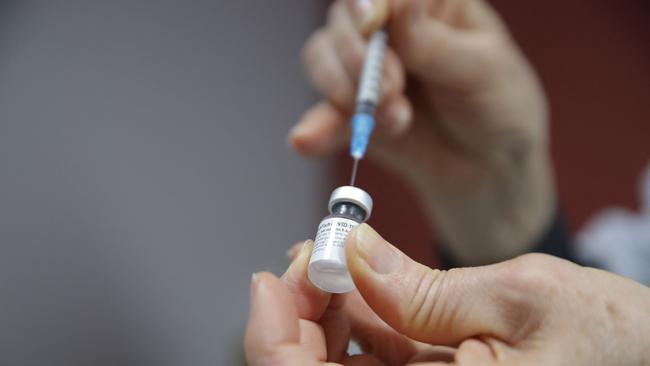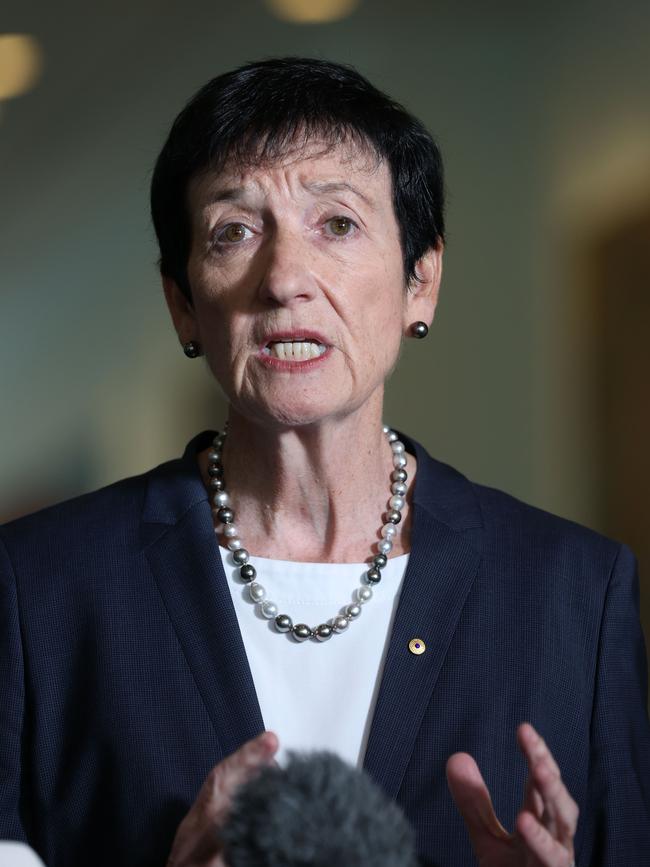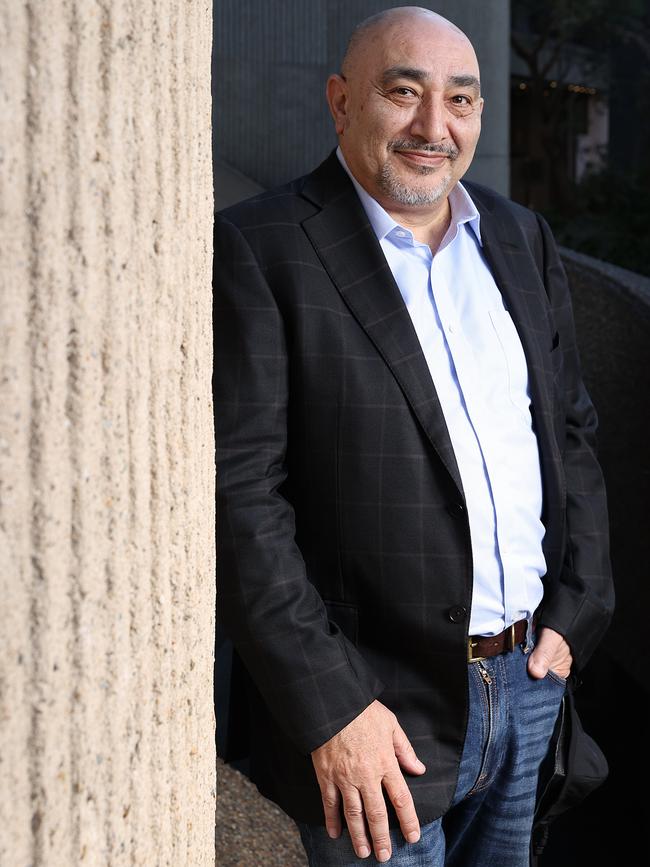Covid vaccine rollout boosted as indemnity scheme finalised
The nation’s Covid-19 vaccination rollout is set to ramp up after the federal government finalised its medical indemnity scheme.

The nation’s Covid-19 vaccination rollout is set to ramp up after the federal government finalised its medical indemnity scheme, paving the way for business to boost the vaccine drive.
The business community backed the announcement by Health Minister Greg Hunt on Saturday, which sees Australians given access to compensation if they suffer adverse effects from vaccines but also protects health professionals and employers from claims if they vaccinate workers in-house.
The nation’s employers now had greater certainty and confidence to manage Covid workplace vaccinations, Business Council of Australia chief executive Jennifer Westacott said.
“Business is determined to help protect the health of the community, and one of the important roles we are playing is providing workplace vaccination programs to keep our teams safe,” she said.

The announcement would give thousands of businesses the confidence to get on with the task of aiding the rollout effort.
“The job of business is to help accelerate vaccine take-up and assist with the government’s rollout,” Ms Westacott said. “The federal government’s delivery of a national no-fault Covid-19 vaccine claim scheme will ensure Australians are protected while removing the legal uncertainty for employers of all sizes administering vaccinations.“
The Australian Chamber of Commerce and Industry said the commitment by the government reduced the risks for businesses that wanted to implement voluntary vaccination drives.
“We know that as vaccine supply grows, workplace vaccination programs will have an increasingly important role in the national rollout,” chief executive Andrew McKellar said.
“Many employers had indicated that they are willing to assist and are actively considering workplace vaccination programs. However, employers – like clinicians – raised concerns about indemnity arrangements to cover administration of Covid-19 vaccines.”
Businesses were committed to playing their part in promoting the vaccination rollout, he said.
“Turning workplaces into vaccination hubs will support reaching reopening thresholds, as well as assisting with the booster shot program in 2022.”
The Insurance Council of Australia said the indemnity provided in-principle assurance that legal risks for health professionals and related businesses involved in the administration of the vaccines had been identified and addressed.
ICA chief executive Andrew Hall said the move by the government assisted in supporting workplace vaccination programs.
“The Covid-19 mass vaccination program is a large and complex undertaking in a rapidly evolving environment,” he said.
“Many insurers are interested in facilitating workplace vaccine programs similar to the annual flu shot once they are able to access this via registered medical providers.”
The indemnity comes after some of the nation’s largest employers have already established their own in-house vaccination programs.
CBA, Westpac and NAB this month launched pilot programs to vaccinate staff onsite in a bid to speed up the rollout.
CBA’s Parramatta vaccination hub was the first rolled out by the bank, with additional hubs in Bankstown, Hurstville, Blacktown, Liverpool and Campbelltown among those now up and running.
Following this, ANZ launched its on-site vaccination pilot program last week, offering the vaccine to employees and members of their households in Sydney’s affected local government areas.
“The federal government’s announcement of a no-fault indemnity scheme for Covid-19 vaccines is a welcome development in Australia’s response to the pandemic,” an ANZ spokesman said.
“This scheme will provide further confidence for those who were needing it and encourage more people to get vaccinated.”
The pilot is particularly important for frontline workers assisting customers in person. While the scheme is voluntary, the lender is encouraging all staff to get vaccinated.
The banks’ pilots have been concentrated in areas most affected by Sydney’s escalating outbreak, but they are expected to be expanded nationally.

The nation’s biggest retailers are also stepping up in the push to move the vaccine rollout forward.
Woolworths has three on-site vaccination clinics in Brisbane, Melbourne and Sydney, with three-quarters of its store workers in the 12 Sydney LGAs of concern having had their first vaccination.
“This is a welcome move, which should help encourage more employers to play an active role in the vaccine rollout,” Woolworths said of the indemnity scheme.
“Our workplace vaccination programs … have now administered more than 3000 vaccine doses to essential team members in our distribution and online fulfilment centres.”
Australian Retailers Association CEO Paul Zahra said the indemnity scheme would allow businesses to push ahead with finalising their workplace vaccination programs.
“The retail industry is strong and united in its support of getting as many Australians vaccinated as possible. We need to reach the 70 and 80 per cent thresholds as quickly as we can to trigger the necessary freedoms for people and businesses in lockdown affected states,” Mr Zahra said.
“With the indemnity scheme in place, businesses can now play their part in accelerating Australia’s vaccine rollout.”
The head of the first company in Australia to mandate the jab for its employees said the indemnity was much needed and overdue.
“To get that blanket indemnity from the government is absolutely fantastic – it’s music to my ears,” SPC chair Hussein Rifai said.
“We did the risk analysis ourselves and were willing to go ahead because (the risk) was so tiny. But our company is based in science. Other businesses don’t necessarily have those resources or knowledge.”
Canned food producer SPC became the first non-health-related business to force staff to get vaccinated, telling its 500 employees they had to be fully vaccinated by the end of November.
Mr Rifai said that previously small business owners would have been very worried about offering vaccines to staff.
He warned that he government needed to urgently address common misconceptions about the vaccine that were driving vaccine hesitancy in the community.








To join the conversation, please log in. Don't have an account? Register
Join the conversation, you are commenting as Logout